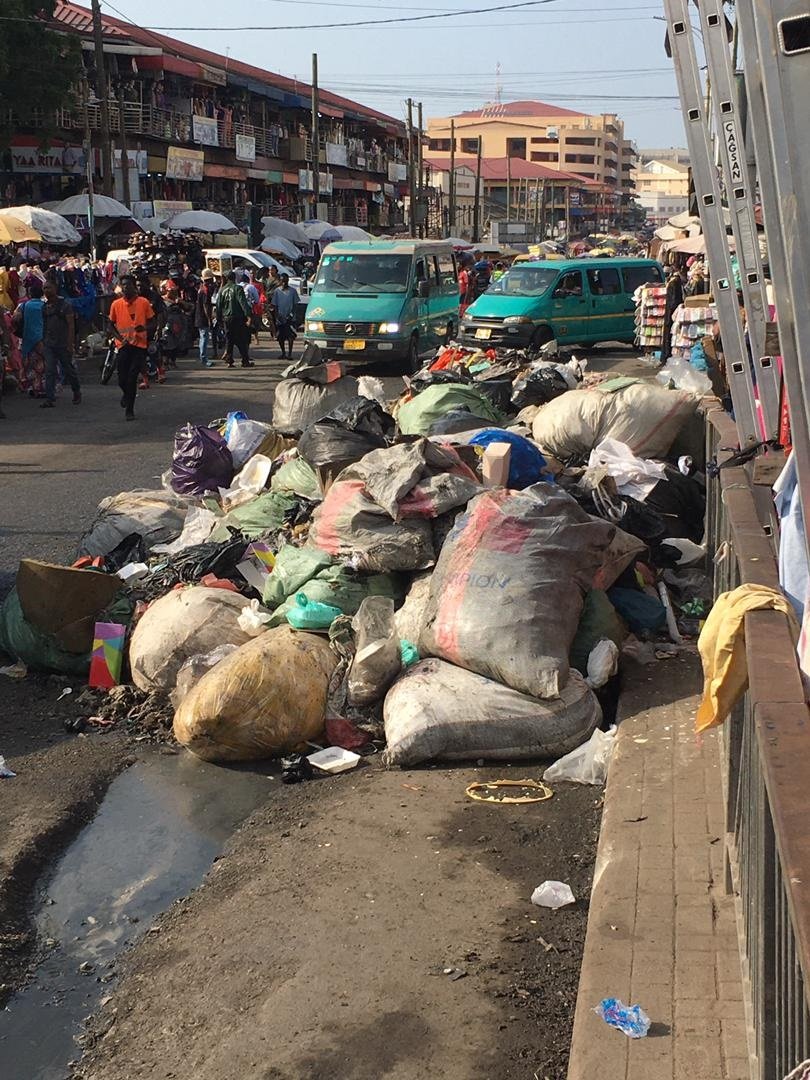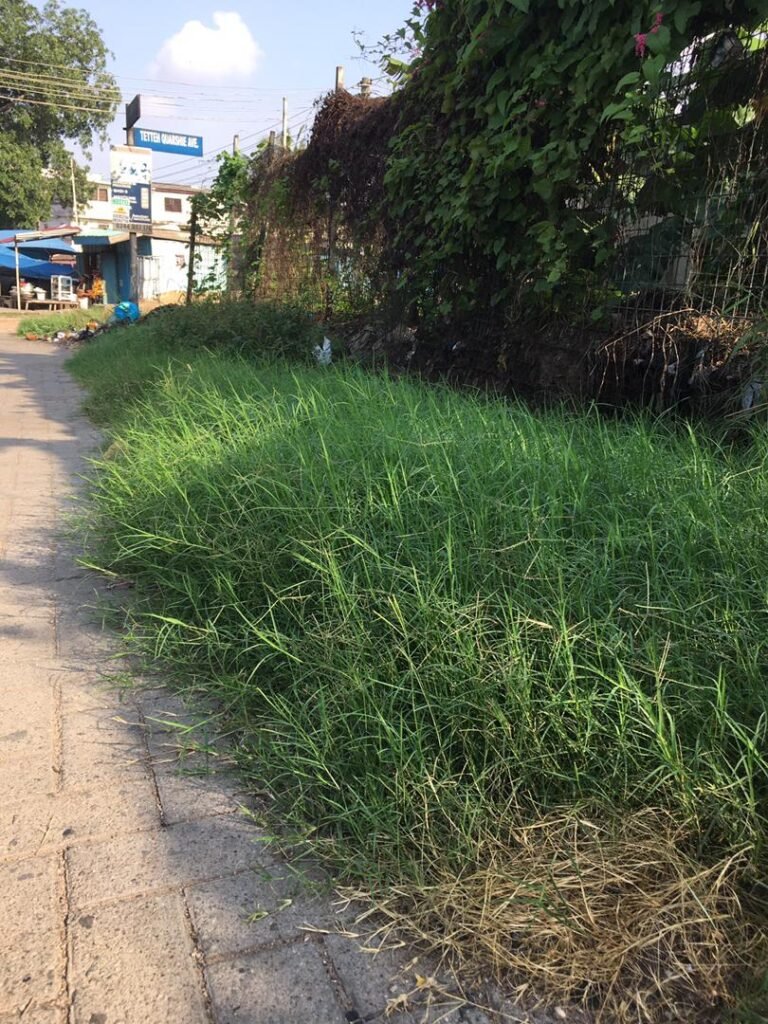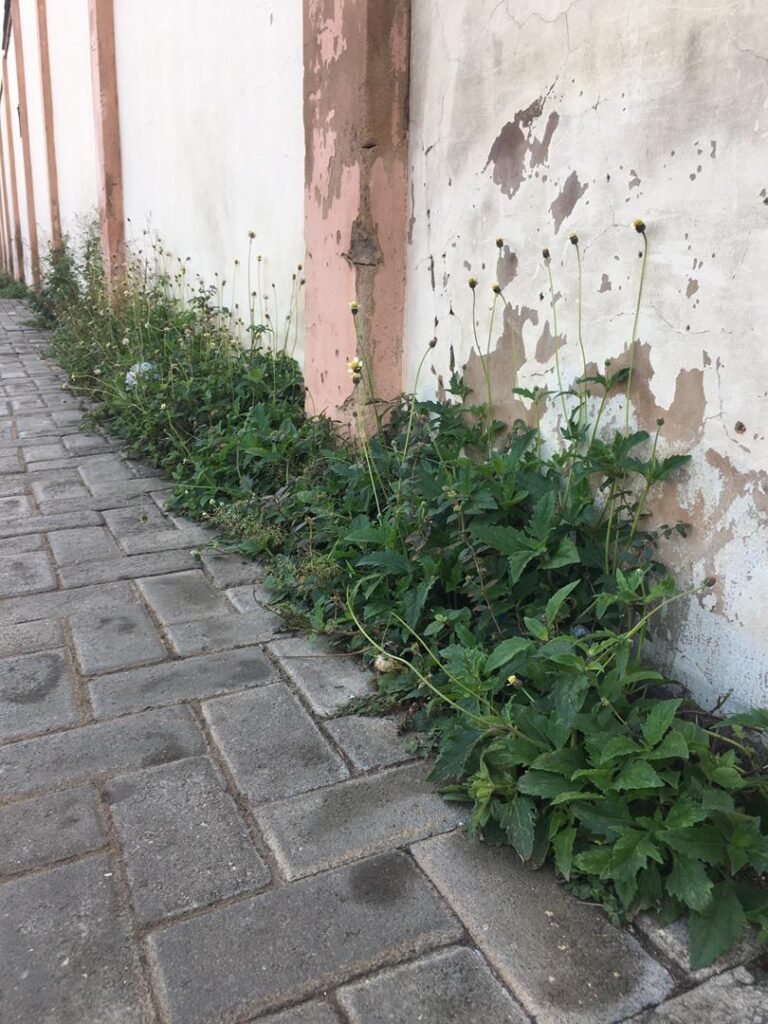Editorial
Protect and empower adolescent girls
Many adolescent girls in Ghana are subjected to pressures from society, including early marriage, which hinders their growth and well-being and prevents them from reaching their full potential.
These pressures include, but are not limited to, financial, educational, psychological, and emotional challenges.
Adolescence is the period of life between childhood and adulthood from the ages of 10 to 19. They are an essential component of society and may make a positive impact on their communities and families both now and in the future.
Throughout this period, they grow quickly in terms of their physical, cognitive, and psychosocial development which has an impact on their emotions, thoughts, decision-making, and interactions with the outside environment.
Also, they are vulnerable at this point and need to be protected. In order for adolescent girls to make decisions that will define their adult lives with parental guidance, parents must ensure that their daughters have a solid foundation of knowledge and strong values.
Although adolescents require parental or guardian protection, they also require some degree of independence to make decisions for themselves because they are still young.
Ghana was the first nation in history to ratify the Convention on the Rights of the Child (CRC) in 1990. While governments have developed and implemented various legal and institutional structures to support the empowerment of adolescent girls through this ratification, more work is needed to ensure that adolescent girls’ rights are fulfilled.
The Spectator is in favour of this since it will enable them to completely confront their own issues and make a positive contribution to their own lives.
In order to support Ghana’s overall development toward the 2030 Agenda for Sustainable Development, the United Nations Children’s Fund (UNICEF) asserts that continuous and coordinated investments in the rights and welfare of teenage girls are necessary.
According to a research titled “Protecting and empowering adolescent girls in Ghana,” many girls between the ages of 10 and 19 – especially the most marginalised and vulnerable – have their possibilities hampered by early pregnancy, violence, and an overwhelming amount of domestic responsibilities.
In order to support Ghana’s overall development toward the 2030 Agenda for Sustainable Development, the United Nations Children’s Fund (UNICEF) asserts that continuous and coordinated investments in the rights and welfare of adolescent girls are necessary.
According to the survey, 10 percent of adolescent girls had sex before turning 15, and early pregnancies raise the risk of maternal mortality, which is the main cause of death for teenage girls.
Adolescent girls’ education may be interrupted or curtailed by child marriage. For this reason, “it is imperative to prioritise their education, protection, health and well-being to not only fulfil their fundamental rights but also contribute to the peace, security and sustainable development of the entire country.”
Let us protect and empower adolescent girls to fulfil their dreams in life.
Editorial
Urgent call to address sanitation, environmental neglect at Legon City Campus, Makola-Tudu Junction

Dear Editor
Ghana is grappling with mounting sanitation and environmental neglect and as a concerned citizen and advocate for a cleaner, safer and more presentable academic environment, I feel compelled to highlight disturbing issues I encountered during a recent visit to the enclave of Workers College, currently operating as Legon City Campus of the University of Ghana as well as Accra Central, specifically the stretch from Makola towards Tudu, just after the Ghana National Fire Service office.

At the Legon City Campus, formerly known as Workers College, widespread overgrowth of weeds along campus walls and walkways poses both safety and structural risks.
The unchecked vegetation is encroaching on pedestrian pathways and threatening the stability of surrounding walls.
Behind the campus, near the road to Adabraka and Liberia Road, garbage and overgrown weeds have turned the area into an eyesore, undermining the prestige of one of Ghana’s premier universities.
The environmental degradation reflects poorly on the institution’s leadership and jeopardizes student and community health.
I would like to urge the University of Ghana Estate Department to act immediately, clearing the weeds, reinforcing structural elements, cleaning the garbage-strewn areas, and establishing a consistent maintenance schedule.
This will ensure safety, institutional pride and civic responsibility.
In Accra Central, a similar crisis is festering. A growing heap of refuse near the Makola-Tudu Junction, just past the Ghana National Fire Service office has overwhelmed pedestrian walkways and spilled into vehicular lanes.
This not only causes human and traffic congestion but also creates a hazardous public health situation in one of the city’s busiest commercial zones.
As a tour guide and advocate for Ghana’s tourism industry, this development has damaging impact on the country’s image.
Tourists encountering filth in the capital’s core are left with a negative impression, counteracting national efforts to boost tourism.
I therefore call on the Accra Metropolitan Assembly (AMA), Osu Klottey Municipal Assembly, and sanitation agencies to enforce waste management laws, improve public hygiene infrastructure and revive the National Sanitation Day initiative to foster civic responsibility.
It is time for authorities at all levels to demonstrate leadership and restore dignity to these vital spaces. The status quo is no longer acceptable.
Frederick Nortey (Traveler, Tour Guide, Blogger, Writer)
Accra
Editorial
Renovate Efua Sutherland Children’s Park
The Efua Sutherland Children’s Park at West Ridge in the Greater Accra Region, now in ruins, needs renovations.
The once-vibrant recreational centre for children, families, students, and tourists is now in a state of neglect, according to our reporter who visited the place.
Efua Sutherland, a well-known playwright and children’s author, is honoured by the Park, an important recreational and cultural area. Her work with children made her a notable figure in Ghanaian literature and education.
The Park used to be well-known and a popular destination for schoolchildren, particularly during vacation, but today visitors are met with outdated machinery and dilapidated infrastructure.
A vital green space in the city, the park provides a calm setting for families and children to unwind, play, and take part in cultural events. It is relevant because it fosters community life, offers recreational opportunities, hosts cultural events, and connects people to their Ghanaian heritage.
Additionally, both locals and visitors may easily access it due to its central location. Nothing seems to have been done to update the space or give it a facelift.
During The Spectator’s tour of the facility it was observed that the 14.83-acre playground’s equipment has rusted and turned into death traps instead of serving the intended purpose of entertaining guests.
Children are put off by the condition of the equipment because they are afraid of getting hurt. Inquiries at the location also showed that few people visit to inquire about the place and that its current condition makes it unappealing for event planners to host special events there. This calls into question the country’s dedication to maintaining such iconic and public areas.
There is an urgent need to address the terrible situation.
In order to ensure that events are hosted in the park, The Spectator urges the Ministry of Gender, Women and Social Protection (MCWSP), which is in charge of overseeing the facility, to collaborate with investors and other stakeholders to give it a facelift.
We think that if the Park is renovated, it will draw more event planners and regain its reputation as a communal hub that promotes cultural pride and a sense of belonging.






